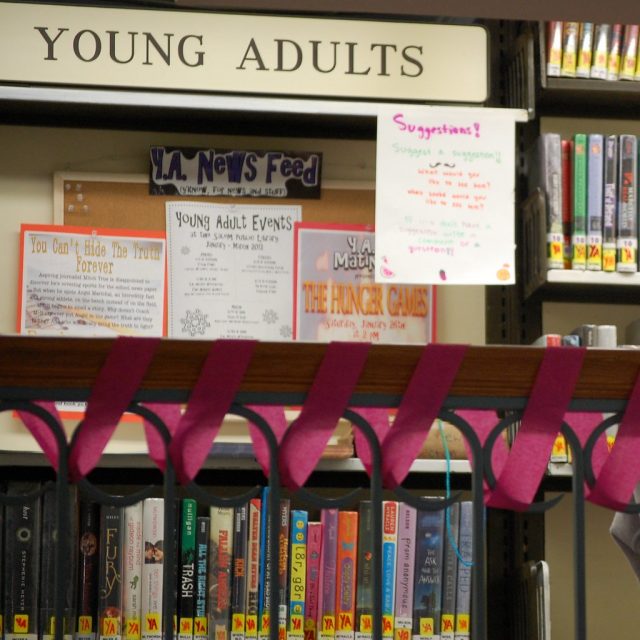There may be good parts of the Trans-Pacific Partnership deal, but there are emphatically bad parts, as Jesse Schooff describes in the particular case of the arbitrary extension of copyright in Canada from fifty years to seventy years:
One of the TPP areas of scope which is critical to discuss is the section on copyright. At this point, several notable bloggers* have covered the TPP’s copyright extension provisions in great detail. But what do those provisions mean for you? Let’s bring it down to the ground. For example: folks in my demographic seem to love seeing old-timey photos of their city. Here in Vancouver, exploring our retro-downtown through old photographs of various eras is practically an official pastime.
A quality source of such photo collections is a city’s municipal archives. Traditionally, an archives’ mandate is to store physical objects and documents, which include the physical “analog” photos taken during most of the 20th century. “Great!” someone might say, “the archives can just digitize those photos and put them up on their website, right?”
Let’s ignore the fact that the solution my strawperson proposes has a host of logistical issues attached, not the least of which is the thousands of work-hours required to digitize physical materials. Our focus is copyright — just because the archives has the original, physical photo in their collection doesn’t mean that they own the rights to it.
You have to remember that our newfangled, internet-enabled society is relatively new. When I was a child, if a person wanted to see a historical photo from a city archives, they would actually have to physically GO to said archives and ask an archivist to retrieve the appropriate fonds containing the photo. Journalists and other professionals likely did this regularly, but for the most part, the public at large didn’t usually head down to a municipal building and ask an archivist to search through their collection just to look at a few old photos.
Today, things are much different. If a municipal archives has digitized a significant portion of, say, their collection of 19th and 20th century historical photos, then those photos can be curated online; made accessible to the public at large for everyone to access, learn from, and enjoy!
[…]
Some of the photos, we’ll call them “Group A”, were explicitly released into the public domain by the photographer, so those are okay to use. Another bunch, “Group B”, are photos whose photographer died more than fifty years ago (1965 and before); any copyright on these photos is expired. Some “Group C” photos were commissioned by a businesses, or the rights were specifically sold to a corporation, which means that the archives will have to get permission or pay a fee to make them available online. Most frustrating is the big “Group D”, whose authorship/ownership is sadly ambiguous, for various reasons**. It would be risky for the archives to include the Group D photos in their collection, since they might be violating the copyright of the original author.
So already, knowing and managing the tangle of copyright laws is a huge part of curating these event photos. Hang on, because the TPP is here to make it even worse.
It’s been long-known that the United States is very set on a worldwide-standard copyright term of seventy years from the death of the author. Sadly, such a provision made it into the TPP. Worse still, a release by New Zealand’s government indicates that this change could be retroactive, meaning that those photos in my hypothetical “Group B” would be yanked out of the public domain and put back under copyright.





